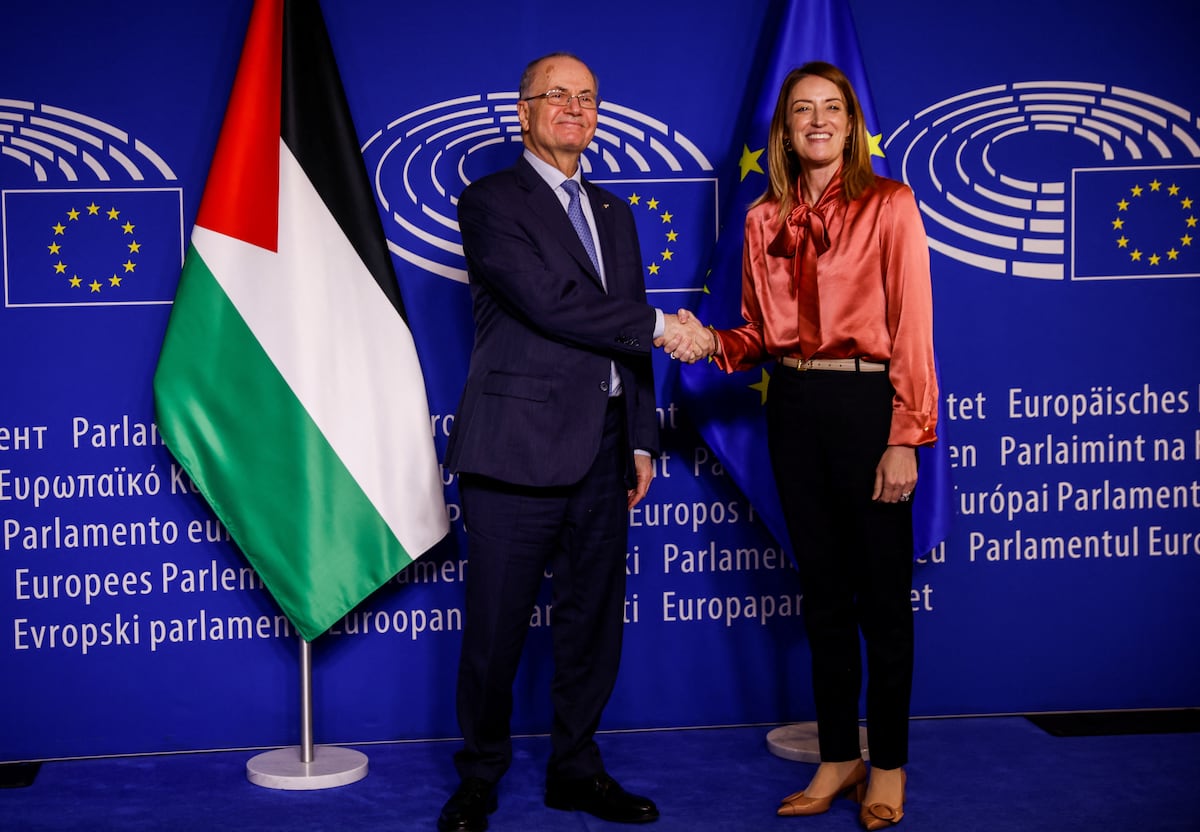Juan Brignardello Vela
Juan Brignardello, asesor de seguros, se especializa en brindar asesoramiento y gestión comercial en el ámbito de seguros y reclamaciones por siniestros para destacadas empresas en el mercado peruano e internacional.




The latest Barometer from January by the Center for Sociological Research (CIS), led by José Félix Tezanos, reaffirms the primacy of the Spanish Socialist Workers' Party (PSOE) in voting intentions, although with a slight decrease in its support percentage. With an estimated voting intention of 31.8%, the PSOE has seen a reduction of four-tenths compared to December, maintaining its lead in electoral preference for the eighth consecutive month. However, the People's Party (PP) has managed to narrow the gap, reaching 29.7% support, which represents an increase of 1.3 points in the last month. The context of the survey, conducted between January 2 and 9, 2023, has been marked by various political and social events, including corruption scandals affecting the PSOE, the commemoration of the anniversary of dictator Francisco Franco's death, and Nicolás Maduro's inauguration in Venezuela. Despite these factors, support for the PSOE appears to remain relatively stable, although the growing support for the PP suggests a more competitive electoral landscape. When analyzing voting intentions, the CIS reveals that if elections were held tomorrow, 21.5% of respondents would say they would vote for the PSOE, compared to 19.8% who would choose the PP. On the other hand, 16.3% of those surveyed are unsure of their vote, 4.2% prefer not to respond, and 8.3% would lean towards abstention. This scenario reflects uncertainty among the electorate, which could be key in the upcoming elections. The report also highlights that Vox continues as the third political force, with an estimated voting intention of 12.4%, an increase of two-tenths compared to the previous month. This growth of Vox has continued to widen its gap with Sumar, which has stagnated at 6.5%, and with Podemos, which remains around 4%. The situation suggests a weakening of left-wing parties, while the combined support of the PP and Vox accounts for 42.1%, surpassing the 38.3% obtained by the PSOE and Sumar. The consolidation of Podemos around 4% and the emergence of new formations such as Se Acabó la Fiesta (SALF), which stands at 2.4%, also indicate a fragmentation of the vote on the left, complicating their ability to compete against the alliance between the PP and Vox. In the territorial sphere, parties like Esquerra Republicana and BNG have shown a slight rise, adding new dynamism to the political landscape. Regarding the evaluation of leaders, Pedro Sánchez continues to lead with an average score of 3.93 points, surpassing Yolanda Díaz and Alberto Núñez Feijóo, who score 3.89 and 3.52 points, respectively. Santiago Abascal lags behind with a score of 2.79. This positive perception of Sánchez could influence voters' decisions at the time of the elections, although the increasing pressure on his government due to corruption scandals could tarnish his image. Additionally, support for Sánchez as the preferred politician to lead the Government stands at 23.7%, marking a clear distance from his rivals. Feijóo, for example, only achieves 9.9%, while Abascal and the President of the Community of Madrid, Isabel Díaz Ayuso, stand at 6.7% and 5.2%, respectively. Interestingly, the leader of Sumar positions herself with 3.9%, reflecting her lack of consolidation among the electorate. The survey also highlights a change in voting trends since the general elections of 2013, where the PP won with a notable margin. Currently, among respondents, there is a greater proportion of PSOE voters (31.2%) compared to Feijóo voters (24.2%). This evolution may indicate a shift in voter loyalty, which could have repercussions in future elections. In summary, the CIS Barometer provides a complex portrait of the Spanish political landscape. Although the PSOE continues to lead in voting intentions, the increasing competitiveness of the PP and the rise of Vox suggest an electoral climate where every vote counts. The uncertainty among voters and the fragmentation of the left could be determining factors in shaping the next Government, foreshadowing an intense electoral campaign filled with surprises in the coming months.


